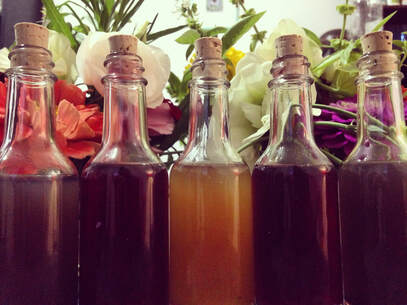 By Emma Merritt For many of us who are mindful of environmental impact, we want to make sure we are making good decisions around gift-giving during the holiday season. We want to express our love and gratitude to our loved ones, while staying true to our values and not participating in wasteful consumerism. Let’s reclaim gift giving as a beautiful, thoughtful means of connection. Instead of giving gifts for their own sake, what if we gave gifts that nurture stronger bonds, that create deeper connections to each other, ourselves, and the earth, and that have the ability to heal? DIY gifts are perfectly suited for meaningful gift exchange. I’ve personally been making herbal products as gifts for my friends and family for the past decade. The products I make have become a tradition in their own right. My loved ones look forward to them each year, and I feel good about it knowing that I am engaging in a sustainable, life-affirming act. One that encourages self-care, nurturance, and flourishing health. No plastic, no box stores, no online orders and two-day shipping. Just simple, natural herbal remedies that are beautiful and usable. My friends and family love knowing that my intention and care went into each and every product. The first year I made herbal products as gifts, I made three different cordials (a cordial is a blend of herbs and spices infused into honey-sweetened brandy). I found old apothecary bottles at dusty junk shops in central Vermont. I cleaned the bottles and made hand-drawn labels with colored pencils for each and every one. I felt like I had created a masterpiece! And my family agreed, although they may be just slightly biased. But the experience did confirm one thing: there is nothing quite like the joy of giving a hand made gift to a loved one. Since then, I’ve scaled back my ambition just a bit. While I no longer have the time to illustrate dozens of hand drawn labels, I still do try to make my gifts special and unique (and I’ve discovered the virtues of a good color photocopy!). My friends and family have come to count on me for their yearly supply of elderberry syrup and fire cider, which have become standard fixtures in everyone’s box of goodies. I’ve experimented with different products over the years. One year, I made cedar and vetiver scented bath salts and sumptuous lotions. Another, dream pillows filled with mugwort, lavender, rose, and chamomile. This year, I’ll be making special tea blends in pretty tins as well as luxurious massage oils and hand cream. Perhaps I’ll throw a mask-freshener spray in there, too. There are so many possibilities! And I’m here to say that you can do it too! The sky really is the limit when it comes to what you can do with DIY gifts. If you’re not sure where to start, salve, tea blends, lip balms, and elderberry syrup are all great. They’re great gifts for all of your extended family who isn’t as familiar with herbalism. And if you’re new to herbalism yourself and feel like you need a little extra guidance, check out Railyard’s line of DIY Kits! Here's a list of some of the recipes you can find on our blog: Have fun! Emma Merritt is a clinical herbalist and educator with over eight years of experience. She graduated from Vermont Center for Integrative Herbalism’s Three Year Clinical Training Program in 2012. Emma believes that connection to the earth is where healing begins. She teaches classes on medicine making and basic principles of herbalism. As a clinical herbalist, Emma works with people with a variety of health goals. Many of her clients are interested in improving digestive health, relieving stress and anxiety, hormone balancing, allergy relief, and better sleep. She takes a gentle, client-centered approach to healing. You can book an herbal consultation with Emma here.
1 Comment
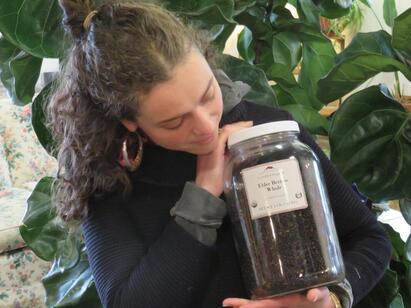 Elderberry syrup is a herbal prep that's yummy, easy to make at home, and can help keep you healthy through the winter. Ingredients:
Optional additions:
Instructions: Combine berries and water and simmer until water is reduced by half. Mash the herbs in the water and then strain out. Take remaining water and add ⅔ to 1 cup of local raw honey to taste. Store in refrigerator for up to 6 months. Some people take the syrup as a daily tonic during cold and flu season, 1 tablespoon for adults or 1 teaspoon for children over age one. If you are feeling sick or think you may be coming down with the flu try 1 tablespoon every 3-4 hours up to 6 times in 24 hours (for children over one use 1 teaspoon). Elder is an incredible and powerful plant that we have a lot of respect and gratitude for - it has helped keep generations of people healthy in many areas of the world. When using this plant we invite you to do so with an attitude of appreciation and respect for what is truly our elder. 🍇💚 🍇💚 🍇💚 P.S. Learn more about making elderberry syrup at a class with Nick on Wednesday, November 11th, 6pm-7:30pm on Zoom: sign up here. by Susan StaleyThe lymphatic system of the human body is often overlooked, even in some human biology classes. It is a “quiet” part of the body’s circulation, and sometimes the efforts of this system are totally unseen when it comes to immune health, general vitality, and cellular health. Just as the cardiovascular system has capillaries that reach into the interstitial spaces between cells, so does the lymphatic system have lymphatic capillaries. Along the lymphatic vessels there are collections of lymph nodes that monitor lymphatic fluid for pathogens- these nodes identify and signal out to other aspects of the immune system for extra support as needed. Lymph nodes swell when they encounter a pathogen or infection that cannot be addressed on-site. This is why, at the first sign of illness, we may find swollen lymph nodes in the neck, armpit, and groin.
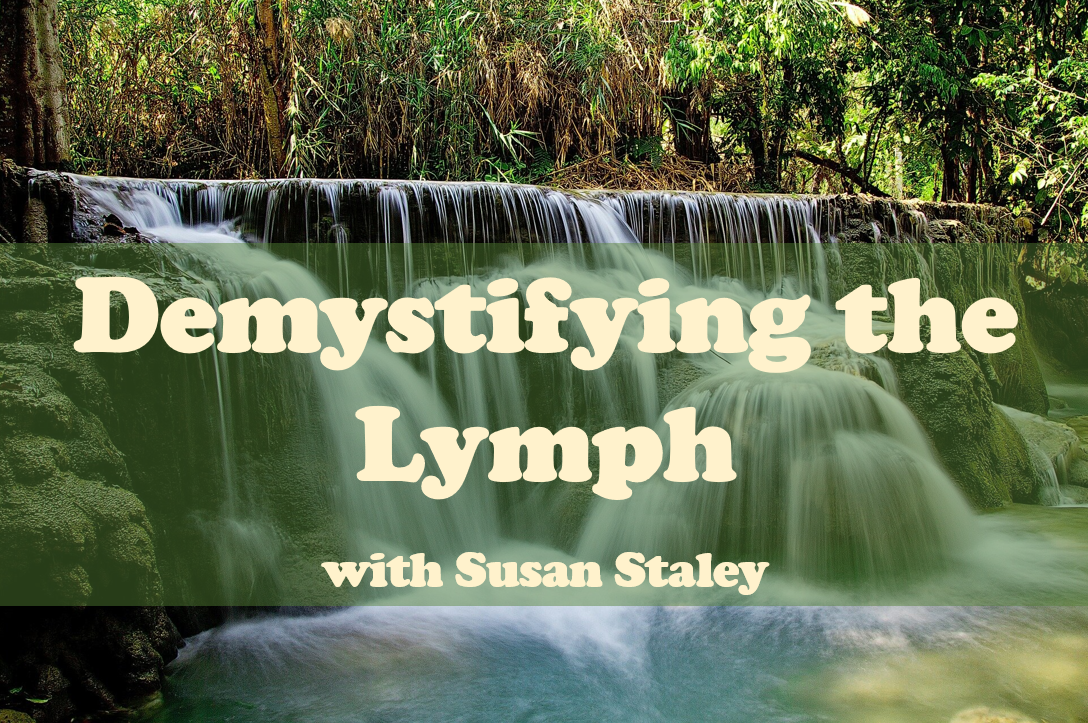 You can learn more about the lymphatic system and ways to support this integral part of the body Thursday November 19th from 5:30-6:30pm for Demystifying the Lymph with Susan Staley. More info and sign up here https://www.railyardapothecary.com/store/p230/Demystifying_the_Lymph.html Susan Staley is a clinical and community herbalist and staff member with Railyard Apothecary. She deeply values those herbs and plants commonly available in most grocery stores, and the where the edge blurs between food and medicine. She works with individuals with a variety of health goals including immune, digestive, and mood support. You can schedule a conversation with her or other members of Burlington Herb Clinic here. |
Details
RAILYARDCheck in here to keep updated on news and activities at the apothecary. Archives
April 2024
Categories
All
|
railyard apothecary
*These statements have not been evaluated by the Food and Drug Administration. This product is not intended to diagnose, treat, cure, or prevent any disease. For educational purposes only.
|
|
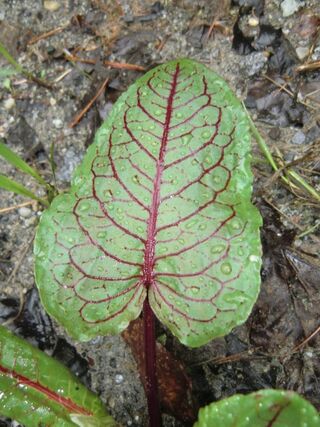
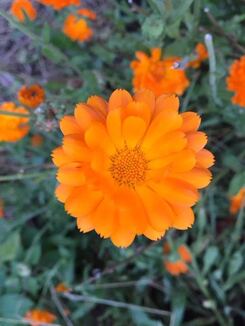
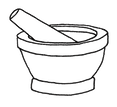
 RSS Feed
RSS Feed
